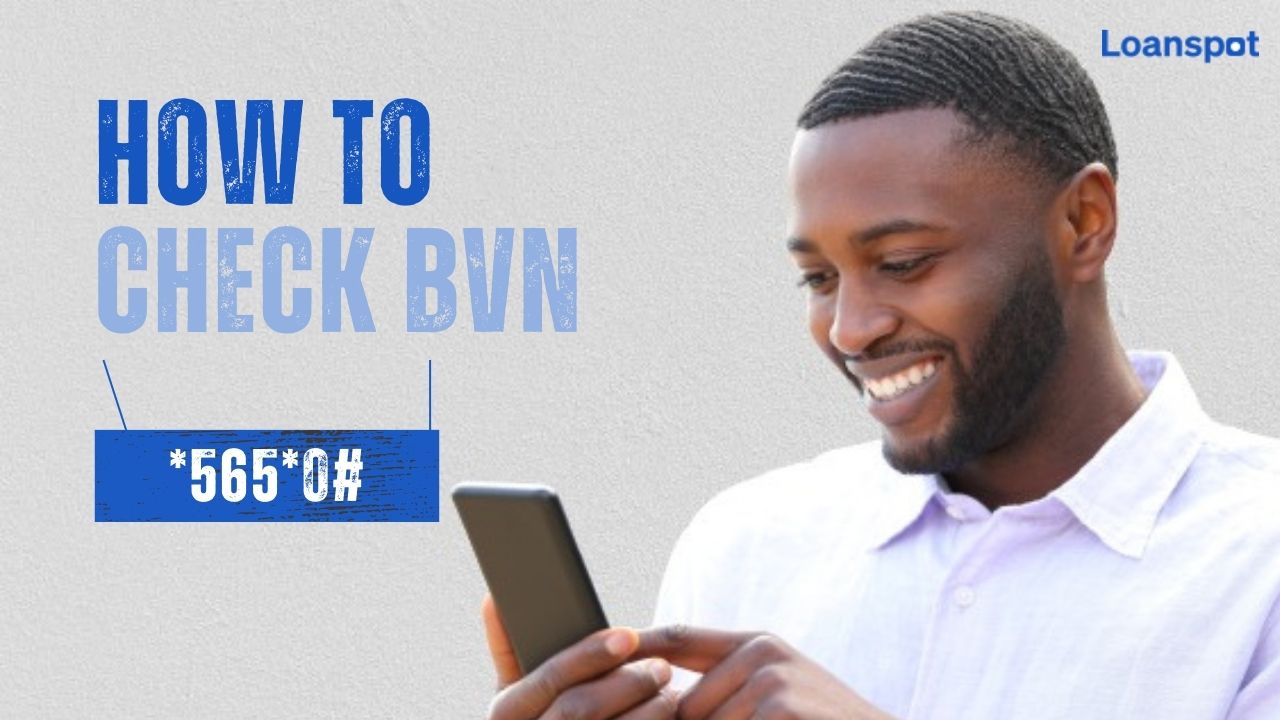Refinancing is a good way you can secure your home. It provides you with a better mortgage rate, a shorter payoff term, as well as a lower monthly payment. Now, you might be wondering how Mortgage refinancing works? In this article, we would be discussing everything you need to know about mortgage refinancing.

What is Mortgage refinancing?
Mortgage refinancing is the process of getting a new loan to pay off your current mortgage loan. In simpler terms, it entails taking out a new loan for your home. When you refinance, your bank helps you pay off your former mortgage with the current one. Thereafter, you will have just one loan and monthly payment.
People often decide to refinance so they can decrease their interest rate and payment term. Also, they can choose to turn some of their home equity into cash.
What are the two types of mortgage refinancing?
There are primarily two types of refinancing. They include:
1. Rate and Term Refinance
With rate and term refinance, you will get a new mortgage at a smaller interest rate. Also, you get a shorter payment term. For example, you can refinance your 20-year mortgage into a 10-year mortgage. By doing this, you get a monthly payment similar to your original loan.
2. Cash-Out Refinance
With this, you can refinance 80 percent of your current mortgage value for cash. Let’s assume your mortgage has a value of N100,000 and you owe N60,000. Your bank can give you N20,000 in cash-out, so your new mortgage will be N80,000.
Basically, these two types of mortgages sum up their offer. Also, you can choose to obtain a mortgage loan from private or public lenders.
How Can I do a mortgage refinance?
Mortgage refinancing is not as complicated as you think. Here are the steps required:
1. Applying
You can start by applying to refinance through a bank or a loan lender. Thereafter, the bank will look at your income, assets, as well as your debit and credit score. This is to determine if you meet the refinance requirements. Some important documents your lender will need are your bank statement and your spouse’s documents (if you’re married).
In addition, you can refinance with any lender of your choice. You can start by shopping around for a lender with the most suitable current rate before applying.
2. Locking your interest rate
After you apply successfully, your lender might give you the option to lock your interest rate. This will ensure it does not increase before the loan closes.
Basically, an Interest rate lock can last from 15 – 60 days. Also, the lock duration depends on some factors like loan type, location, or even the lender. If you don’t close your loan before the lock duration ends, your lender may charge you more money to extend the duration.
3. Underwriting
When you submit your refinance application, your lender will begin the underwriting process. This process involves your mortgage lender verifying your details to ensure everything is accurate. Your mortgage lender does this to determine what options are open to you
In addition, this process will include an appraisal of your home value. . For example, if you want to refinance to take cash out, the cost of your home will determine how much you can get. If you want to decrease your mortgage payment, the value will depend on if you have sufficient mortgage equity.
4. Home Appraisal
Before you refinance, you must execute an appraisal done by your lender. The appraisal process involves your lender visiting and estimating your property. You can prepare ore your home appraisal by ensuring your home is in excellent condition. Start by tidying your home and fixing every damage to create a good impression. In addition, you have to draw out a list of upgrades you have done in your home.
If the value of your home is equal to or higher than the amount of loan you are refinancing, the underwriting process is successful. Thereafter, your lender will communicate to you the details of your closing. However, if your home value is lower, you can decide to reduce your loan amount or cancel your application.
Once the above process is complete, you can close your loan. Your lender will send you a Closing Disclosure document a few days before closing.
What are the benefits of Mortgage Refinancing?
There are several benefits of mortgage refinancing. Some of them include:
1. To shorten your loan term
2. To lower your interest rate
3. To cash out your home equity
4. To change your loan type
When can I refinance my Mortgage?
Refinancing your mortgage depends on some factors. You can consider factors like your financial health (like your credit score) or even market trends. In addition, you can calculate your break-even expense point using a mortgage refinance calculator app.
Bottom line
Mortgage refinancing is a good way to turn your home into a financial tool. Also, it is convenient because you can adjust your loan terms and amount as you deem fit. By following proper precautions, this method can help you save money in the long term.







